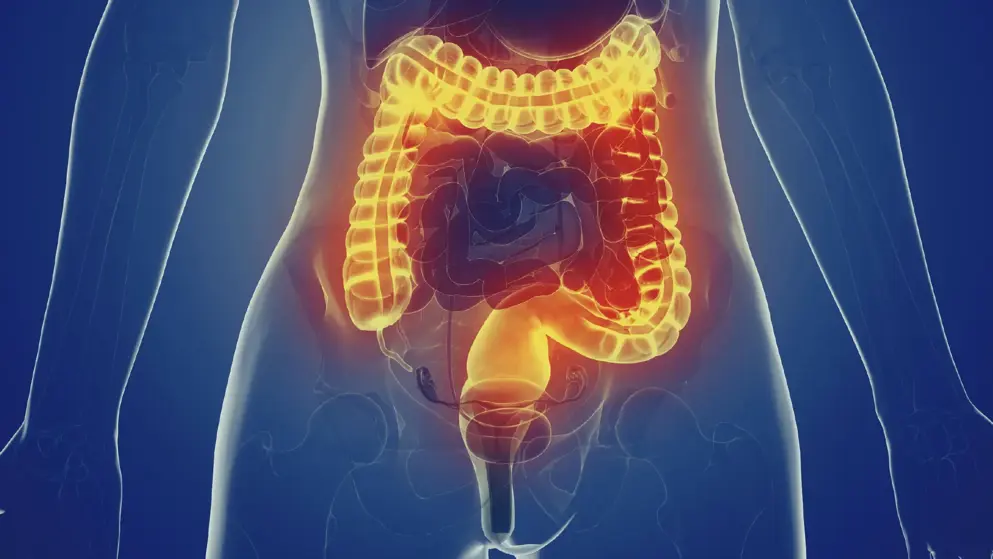
EU approves Rinvoq for active ulcerative colitis
AbbVie announced the European Commission (EC) approved Rinvoq (upadacitinib 45 mg [induction dose] and 15 mg and 30 mg [maintenance doses]) for the treatment of adult patients with moderately to severely active ulcerative colitis who have had an inadequate response, lost response or were intolerant to either conventional therapy or a biologic agent
The EC approval is supported by data from two induction studies, U-ACHIEVE induction and U-ACCOMPLISH, and one maintenance study, U-ACHIEVE maintenance. Statistical significance was achieved for the primary endpoint and all secondary endpoints with Rinvoq 45 mg in the two induction studies and both Rinvoq 15 mg and 30 mg in the maintenance study.
During the U-ACHIEVE and U-ACCOMPLISH induction trials, 26 percent and 33 percent of patients treated with Rinvoq 45 mg achieved clinical remission at week 8, the primary endpoint, compared to 5 percent and 4 percent of patients who received placebo. During the U-ACHIEVE maintenance trial, 42 percent and 52 percent of patients treated with Rinvoq 15 mg or 30 mg, respectively, achieved clinical remission at week 52, the primary endpoint, compared to 12 percent of patients who received placebo.
Additionally, 57 percent and 68 percent of patients receiving Rinvoq 15 mg or 30 mg, respectively, achieved corticosteroid-free remission, defined as clinical remission (per Adapted Mayo Score) and corticosteroid free for at least 90 days immediately preceding week 52 among patients who achieved clinical remission at the end of the induction treatment, compared to 22 percent of patients on placebo.

